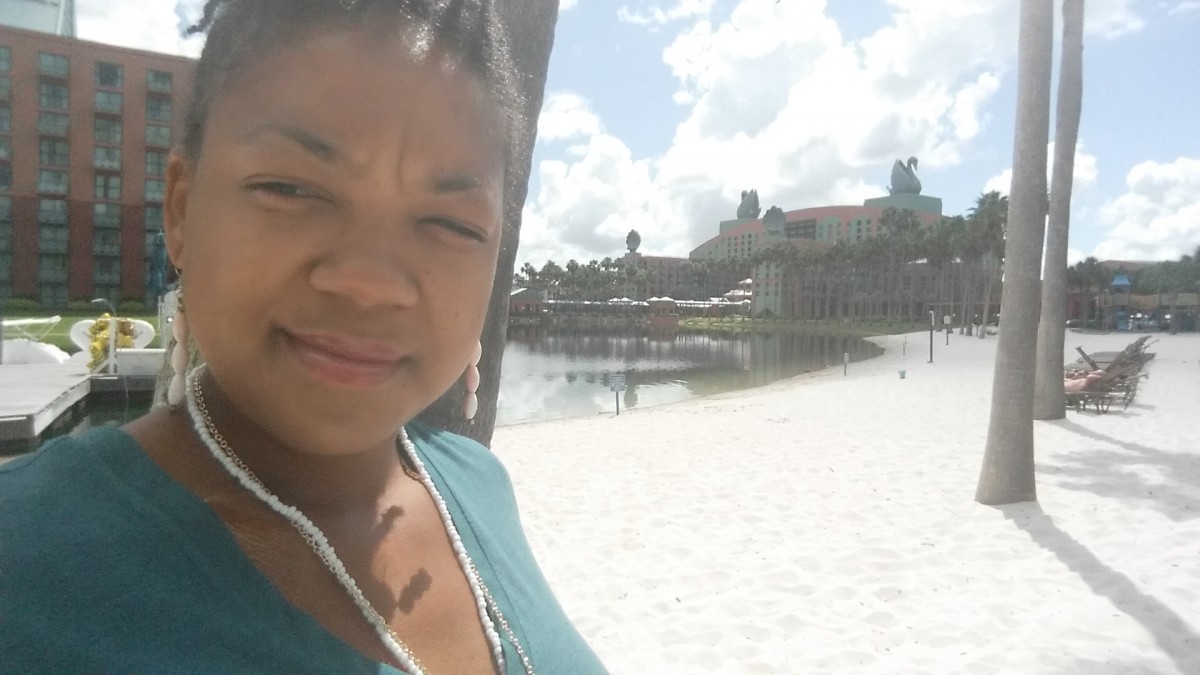For a split second my mother and I maintained the strong face: That defiant, fear no evil, I can do anything look you try to muster when facing the possibility of dying in three months. That moment passed quickly., and what came next was the puddle of tears.
I mean, really, what do you say when the choice you are presented with is start dialysis immediately or die in three months.
My primary doctor had given me tremendous leeway. I asked her all the time, when I would have to start dialysis and she always said, you will know. You won’t be able to explain why you feel so sick; you will just know. She was right; I couldn’t explain it, but I knew something was wrong. At the same time, I refused to pull the trigger. I just kept going and going and going, taking full advantage of the leeway she granted me. My nickname in college was Energiza for a reason.
But as the tears streamed down my face, I knew I had used up all the slack. This was do or die decision time.
It wasn’t just the dying that was terrifying; it was the living too, because dialysis felt like the absolute worse way to live. And truly, it is the worst thing you ever have to do until you actually have to do it.
People who are not on dialysis have the worse perceptions of it, and they constantly reinforce your fears about it. “That would suck. You don’t want to have to do that. Oh my gosh, no. I hear that is horrible. No way, you have to avoid that. Being confined like that will kill you.” These thoughts were accompanied by hell no facial expressions.
I made a deliberate effort to avoid learning too much about dialysis, so the reality was, I didn’t fully understand it. But I knew it felt like another carpet being pulled from under my life’s plans (see my Steele Chronicles). I knew it would tie me to a machine and as far as I was concerned, that would rob me of all my freedom.
It was the hardest thing to submit to any notion of being a dialysis patient.
My doctor insisted, once I started treatment I would feel better and I would reflect on the moment wondering why did I take so long. He insisted if I would just submit to the unfolding drama of my life, I would see that right around the corner was my feel good. As dire as my situation was, he was unfazed because he knew I only had to say the word and a solution was at hand.
Dialysis starts cleaning your blood immediately, so according to the theory, I just needed a few treatments to restore some balance to my body. Of course then I would have to continue. Because as fast as you come off the machine the toxins start to build up again. This is why dialysis patients have ritual four-hour treatments, three days week, every single week of their life on the machine.
I did not have my doctor’s confidence. To the contrary, I felt betrayed and hopeless.
I remember sitting by myself at the office of the anaesthesiologist filling out a form. As I worked my way through the questions – name, date of birth, allergies, medication, HIV status – the injustice just welled up inside of me. I felt like an animal snared in a trap; caught for the purpose of being caged in a zoo: alive, but defeated and depressed about my future outlook.
In the waiting room I ran into the parents of a good friend (Her father was undergoing a major surgery). Fortunately, her mother did what mummy’s do, but it only provided momentary relief.
Everything was happening so fast. I had exactly three days to come to grips with these emotions, because if I was to undergo surgery and start dialysis, I couldn’t do it in this state of mind. I couldn’t go into surgery tormented by my fears. I couldn’t submit to a healing treatment while at the same time rejecting its healing power.
I sought the comfort of a (male) friend to help me bear the weight of everything. That failed miserably. I’ll share more on that next time.
More to come as I write my way through the trauma and healing. Thank you for taking this journey with me.
